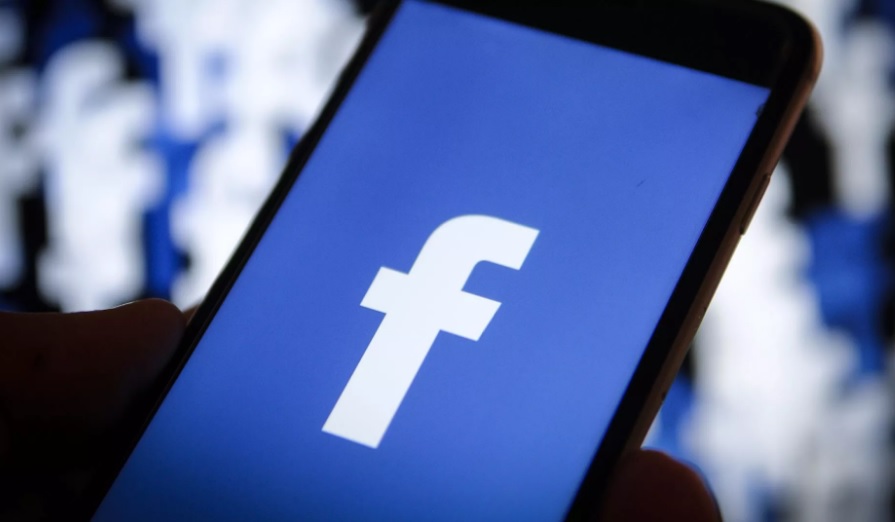Is Facebook Marketing Dying a Slow Death?
Facebook was once considered the epitome of Silicon Valley innovation. Just about everyone was using the platform, and its founder, Mark Zuckerberg, was hailed as a genius. In barely a decade, the public (and regulatory) attitude towards Facebook has taken a sharp turn. The company has been entangled in a number of scandals month after month since 2016.
As the generally positive attitude towards Facebook shifts, what does this all mean for social media marketing efforts on the platform? Should brands and marketers quit as well? While there’s a lot of talk around that topic, reality may surprise you. Read below to understand the issue head-on:
Fallout from Privacy Concerns
Why is Facebook so unpopular now? The better question would be, why not? The biggest fallout for the company began in early 2017, soon following the aftermath of the 2016 U.S. election. The platform was accused of being a passive tool for spreading fake news. Facebook was accused of helping the spread of misinformation during Brexit as well.

To make matters worse, Facebook was the platform of choice for those who spread hate speech in developing countries like Myanmar. In the case of Myanmar, Facebook posts played a direct role in horrifying ethnic violence targeting the Rohingya minority in the country. Despite Facebook claiming to play no active role, journalists and other concerned parties found that the company did not moderate hate speech in accordance with its own privacy policy.
The damage doesn’t end there. Facebook has come under Congressional scrutiny in the U.S. for possibly being the platform of choice for Russian trolls in a Kremlin-coordinated campaign to influence elections. Similar concerns were echoed in Europe and Canada as well.
The latest scandal to hit Facebook involved another tech giant, Apple. It was recently revealed that Facebook paid individuals, often underage teens, to download a VPN that spied on Apple networks. Apple even temporarily barred Facebook employees from running internal iOS apps.
As the scandals keep growing, marketers should worry. In particular, marketers may be concerned with Facebook running afoul of other tech giants, as it did with Apple. What if the iOS maker banned Facebook from users as well? That would make a chunk of the target audience inaccessible to marketers.
User Backlash
Facebook users are certainly souring on the platform. There have been a number of calls for users to delete their accounts and quit Facebook. Some celebrity voices have joined in this cacophony. Notably, Jim Carrey, a Facebook shareholder, called on his fans to quit Facebook, just as he had. Then he dumped his Facebook shares as well.
This sentiment is not relegated to a tiny segment of the online community. It’s widespread enough for marketers to be concerned.
The So-Called “Death” of Organic Reach
Other than the scandals, marketers should be concerned about whether Facebook marketing is even as effective as claimed. One glaring concern is the supposed “death” of organic reach. The biggest promise social networks like Facebook made to brands is that companies can reach out directly to real users out there. No need for third-party mediums like television. Unfortunately, this organic reach has been eroding thanks to sponsored content.
Facebook is not alone here. Most social networks not elevate sponsored content over nonpaid, organic content. Social media influencers, for example, promote products for pay. This means it’s getting more difficult for a brand with a limited budget to find real users without a paywall in between.
Scandals, angry users, and now dubious marketing effectiveness—does this all mean Facebook is good as gone now? Should marketers try to focus on other platforms?
The Reality
Facebook may be as scandalous as a tabloid now, but the company’s revenue and growth numbers paint a much different story. Despite the user backlash, Facebook has actually been experiencing growth in recent years. The company’s shares took a hit, but those did not make a permanent dent in its profitability. The reality is that people may want to quit Facebook, but they just can’t.
Marketers that rely on Facebook should not be too quick to ditch the platform. It’s still the biggest social network in the world. In many non-developed countries, Facebook is the internet. As smartphone use grows around the world, Facebook does too.
So Facebook marketing seems very safe for now. However, marketers should be ready to address customer concerns regarding the platform, such as those relating to user privacy. Adopting more transparent practices on Facebook and assuring followers about their privacy would be a step forward. Marketers should expect Facebook to change in the future to allow for more privacy to avoid future scandals. Otherwise, Facebook marketing is still as effective as in the past.
Read Full Article Here - Is Facebook Marketing Dying a Slow Death?
from TechGYD.COM https://ift.tt/2GMNWQw
Labels: TechGYD.COM
0 Comments:
Post a Comment
Subscribe to Post Comments [Atom]
<< Home